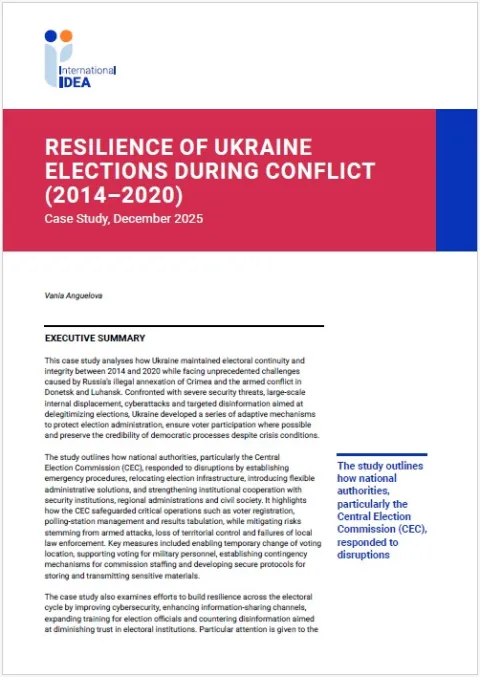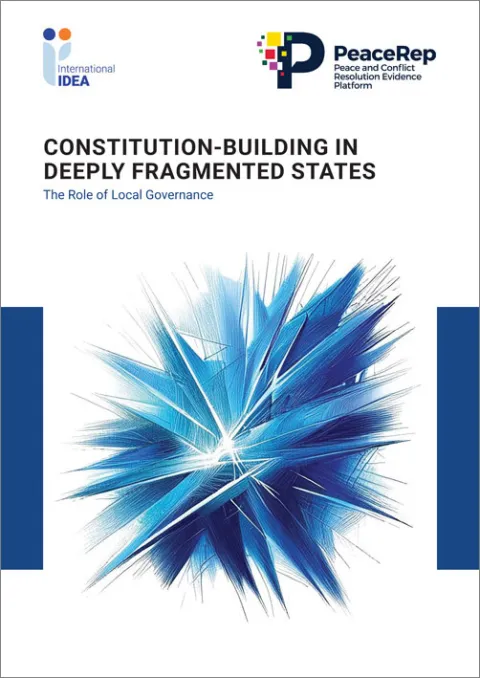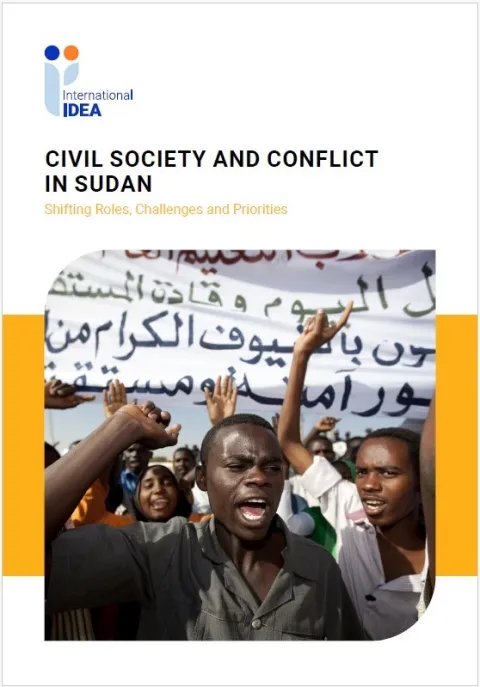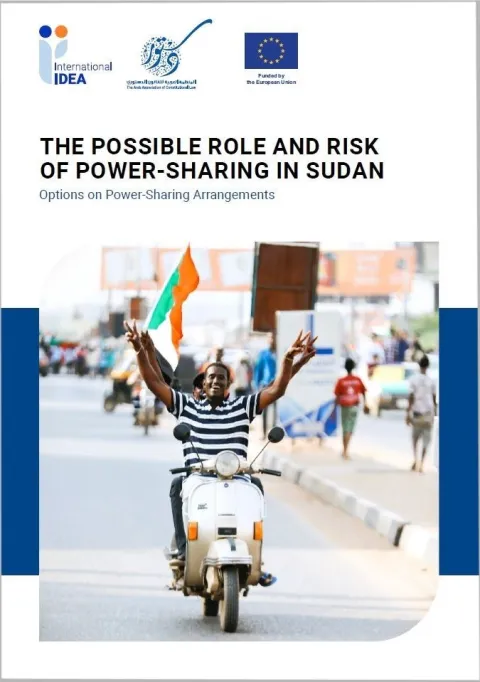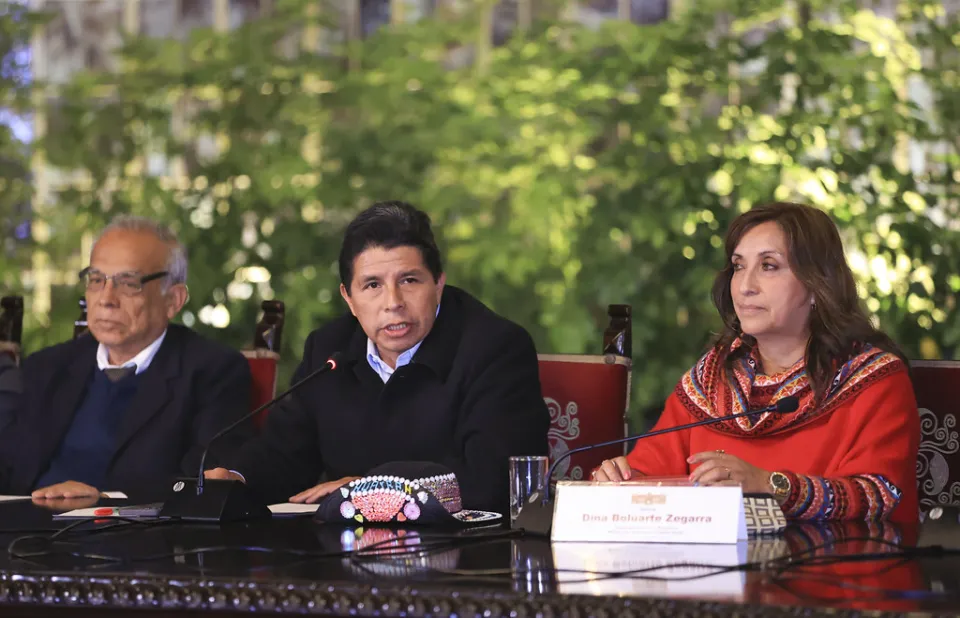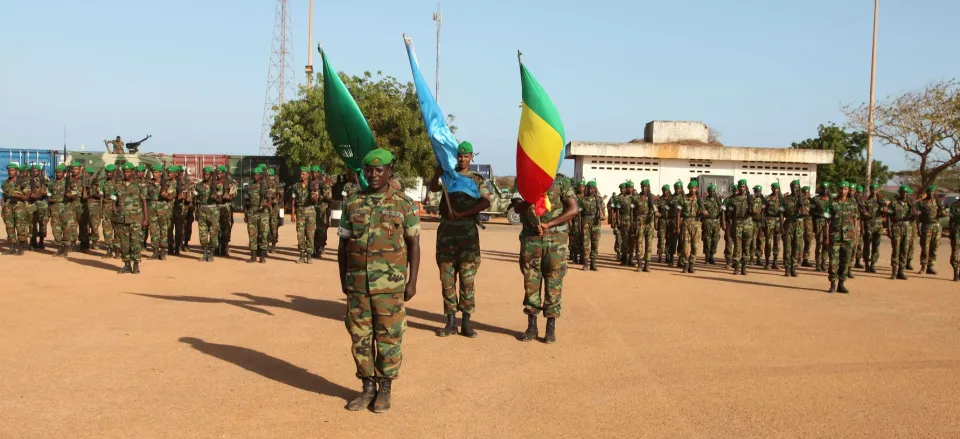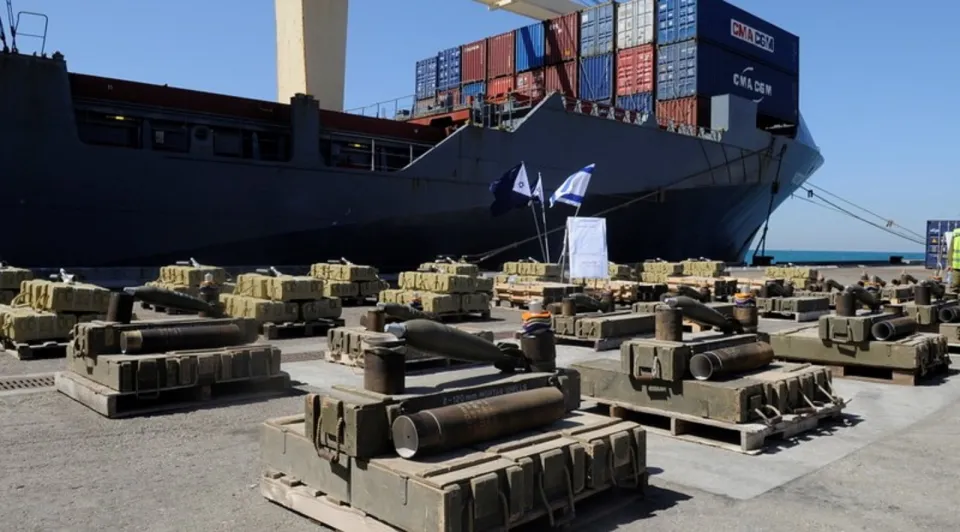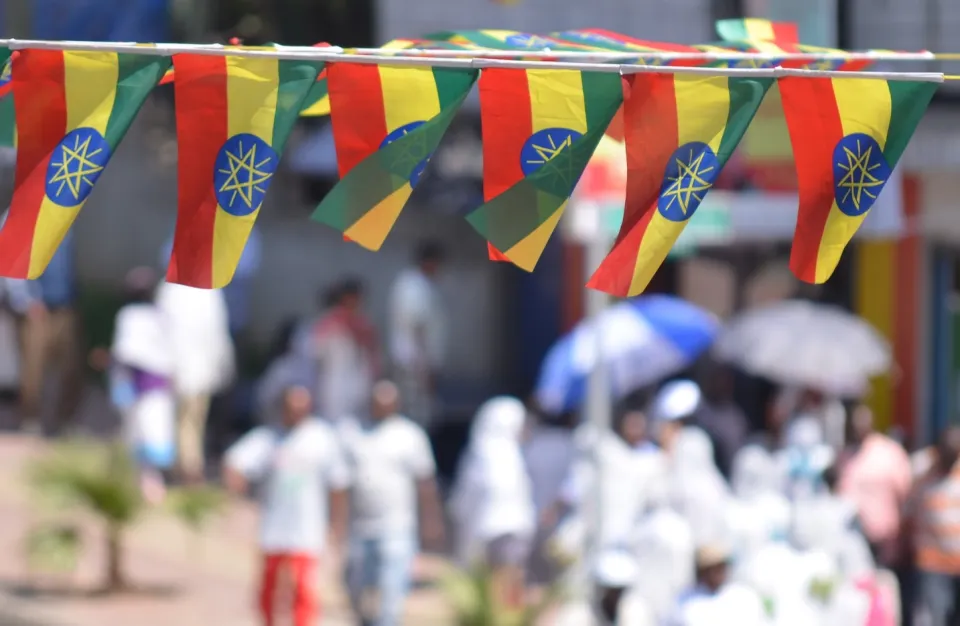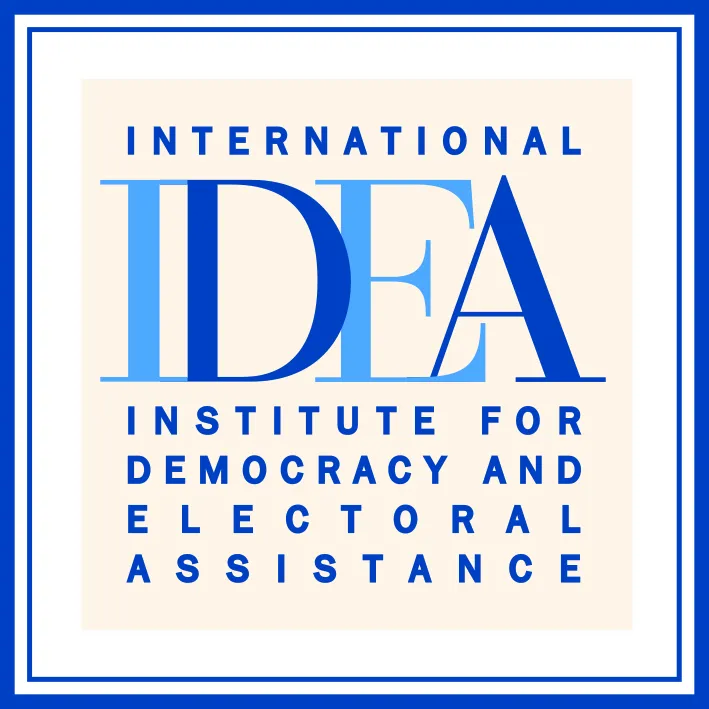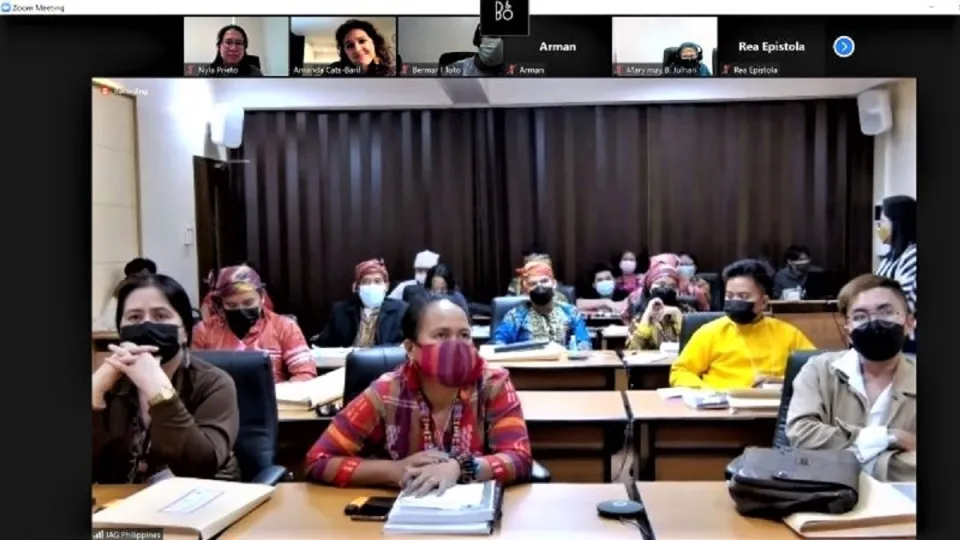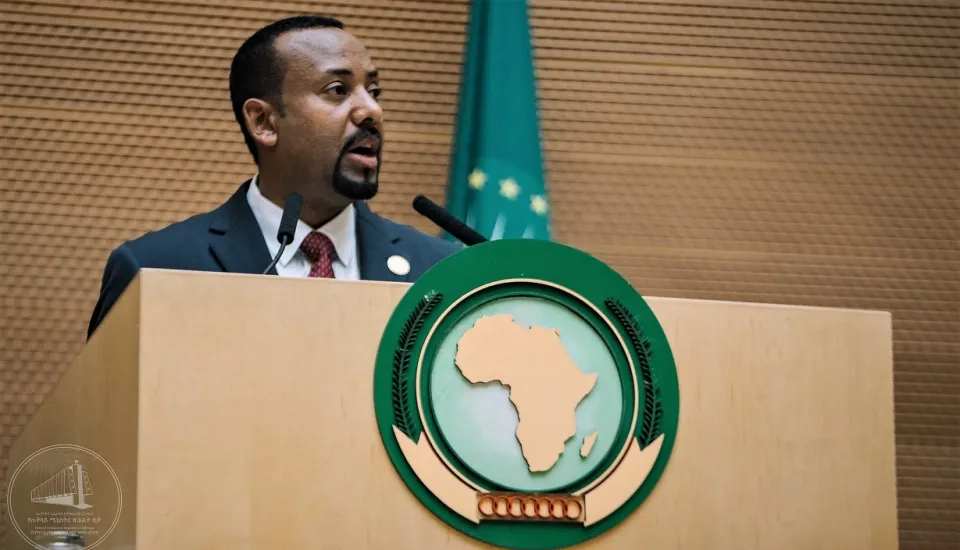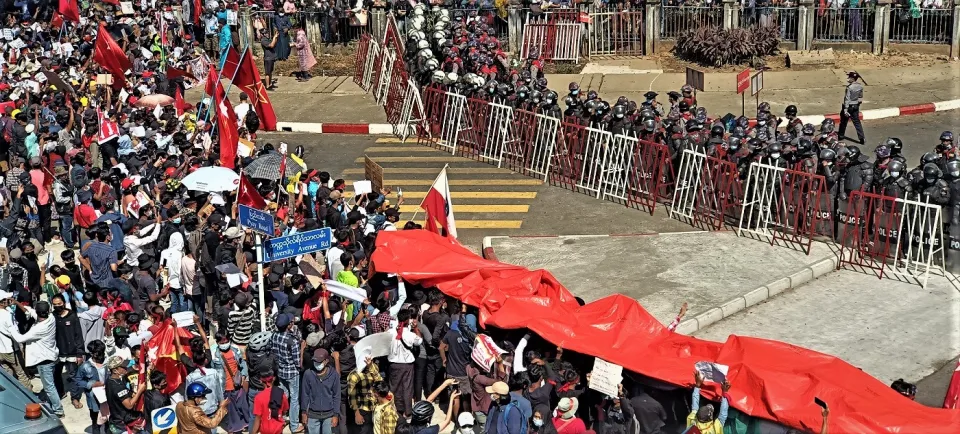Democracy, Conflict and Human Security, Volume 2: Further Reading
For many across the world, democracy is in a crisis of legitimacy and credibility.
The idea that people have the right to control their government and that a government is legitimate only if and when it is controlled by the people has won almost global recognition.
However, the way in which the idea of democracy is translated into practice can leave much to be desired. In a world characterized by rising inequality, democratic systems will be judged on how they include and deliver to constituent populations.
This book, a companion volume to Democracy, Conflict and Human Security: Pursuing Peace in the 21st Century, addresses the nexus between democracy, conflict and human security in a way which recognizes that this is highly political, not technical, terrain. It places at centre stage the fundamental need for democratic practice, and reminds us that in every society, the democratic project is a long-term, ongoing one.
The book contains specific studies which were contributed to the debate, from diverse experiences and contexts. This volume complements and enriches the first volume in two ways: by providing perspectives by leading scholars, analysts and policymakers, and by offering a more in-depth look at critical themes and case studies.
Details
Contents
Preface
Acronyms and Abbreviations
Introduction
Part I. Democracy and Human Security
1. Democracy and Human Security: Essential Linkages
2. The Crisis in Bolivia: Challenges of Democracy, Conflict and Human Security
Part II. Democratization after the Cold War
3. Transition Processes Revisited: The Role of the International Community
4. Police Reform from Below: Examples from Indonesia’s Transition to Democracy
Part III. Democratic Practice
5. Dilemmas in Representation and Political Identity
6. Stop-Go Democracy: The Peace Process in Northern Ireland Revisited
7. Electoral System Design and Conflict Mitigation: The Case of Lesotho
8. Negotiating Cultural Diversity and Minority Rights in India
Part IV. When Democracy Falters
9. Democratic Norms, Human Rights and States of Emergency: Lessons from the Experience of Four Countries
10. Democracy and Terrorism: The Impact of the Anti
Part V. Democracy in War-torn Societies
11. El Salvador and Haiti Revisited: The Role of the UN Peace Operations
12. Pursuing Security in the Post-conflict Phase: Reflections on Recent African Cases and Their Implications for Current and Future Peace Operations
13. Electoral Processes and Post-settlement Peace Building: Perspectives from Southern Africa
14. Democratization of the Peace Process: Sri Lanka
Part VI. Strengthening International Assistance for Promoting Peace through Democracy Building
15. The Role of the International Community in Supporting Democratization Processes and Why It Matters for Human Security: The Case of Sierra Leone
16. Constitution-building Processes and Democratization: Lessons Learned
About the Authors
Give us feedback
Do you have a question or feedback about this publication? Leave us your feedback, and we’ll get back to you
Send feedbackDemocracy, Conflict and Human Security, Volume 2: Further Reading
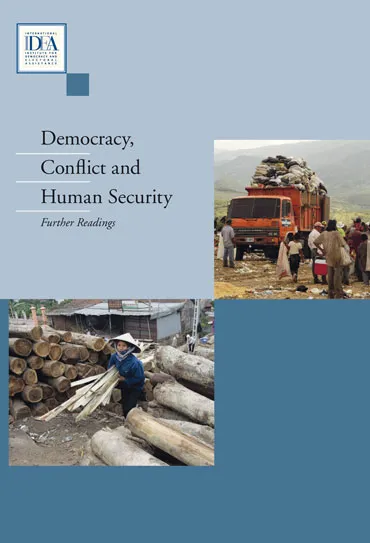
| Total views | 4469 |
|---|---|
| Downloads | 30 |
| Rating |
Give us feedback
Do you have a question or feedback about this publication? Leave us your feedback, and we’ll get back to you
Send feedback
